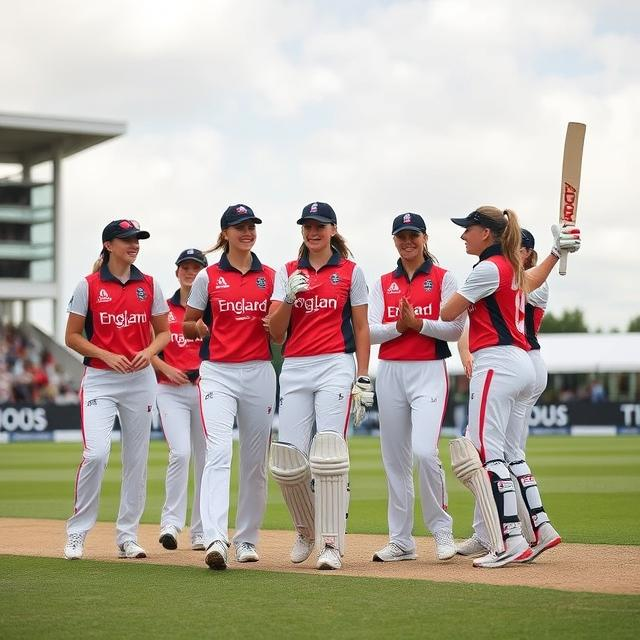India Pakistan News Cricket: A Rivalry Forged in Fire and Passion
India Pakistan News Cricket: A Rivalry Forged in Fire and Passion
The clash between India and Pakistan in cricket transcends the boundaries of sport. It’s a spectacle of raw passion, fueled by shared history, cultural influences, and a fervent desire to outshine the other. This article delves into the complexities of this enduring rivalry, exploring its historical roots, the significance of the matches, and the impact on both nations.
Beyond the thrill of the game, the India-Pakistan cricket rivalry is a microcosm of the broader relationship between the two nations. It reveals the societal and political tensions that have shaped their histories, offering a fascinating lens through which to understand the complexities of the South Asian landscape.

A Legacy of Conflict and Collaboration
The historical context of the rivalry is deeply intertwined with the partition of India and Pakistan in 1947. This traumatic event irrevocably altered the landscape of South Asia, creating a shared history punctuated by both conflict and collaboration. The very essence of this contest is bound up in the narratives of those lost lives and shared, often tense, past.
Cricket, for both nations, was more than just a game. It was a cultural touchstone, a source of national pride, and a way to express the passions of their people. Over the years, the sport has witnessed periods of intense friction, political maneuvering, and an unparalleled level of national attention.
Early matches were often marred by political tensions, reflecting the tumultuous relationship between the two nations. These matches were not just about winning; they were a reflection of the prevailing political climate and the enduring complexities between the two countries. The early years saw a deep skepticism of the other as both countries fought to establish their identities and build a new future after the partition.
The Significance of Cricket Matches
Beyond the intrinsic excitement of the game, India-Pakistan cricket matches possess a significant impact on both countries. These matches are more than just athletic competitions – they are socio-political events. National pride is at stake, and the outcome often resonates deeply within the social fabric of the nation.
The fervor and intensity of the matches often transcend the realm of sport, shaping perceptions and influencing policy decisions. The sheer scale of the event means that every match draws global attention, impacting international relations and highlighting the sensitivities surrounding the relationship between India and Pakistan. This significant global attention is undeniable and plays a substantial role in the outcome of each game.
The matches often draw millions of viewers, both within the country and across the globe. This massive audience further amplifies the significance of the contest, transforming it from a sporting event into a potent symbol of national identity and a testament to the resilience of the people.
The Impact on Societal Dynamics
The rivalry impacts societal dynamics in profound ways. It fuels nationalistic fervor, uniting people behind their respective teams and reinforcing shared identity. The emotional rollercoaster of victory and defeat leaves an indelible mark on the collective psyche of both nations.
While the matches are often characterized by intense passion, there are also moments of mutual respect and camaraderie. On some occasions, players from both sides have been seen engaging in gestures of sportsmanship, further adding to the nuances of the rivalry. There are examples of cultural exchange occurring beyond the match, which adds another dimension to the narrative.
The rivalry can also be a catalyst for societal dialogue, prompting discussions on historical injustices, political landscapes, and the need for peace and reconciliation. The shared history and cultural threads mean that each game has a rich and layered significance.
Looking Towards the Future
The India-Pakistan cricket rivalry remains a compelling aspect of the South Asian landscape, imbued with historical significance and passionate engagement. It highlights the complexities of the relationship between the two countries and serves as a potent reminder of the enduring power of sport. In this unique geopolitical context, the cricket matches act as a catalyst for understanding the dynamics at play in the region.
Looking ahead, the rivalry will undoubtedly continue to shape the relationship between the two countries. How these matches are played, the emotions they evoke, and the outcomes achieved will all contribute to the ongoing story of India and Pakistan.
The impact of the rivalry on both nations extends far beyond the cricket field. It’s a reflection of their shared history, cultural ties, and the challenges they face in the contemporary world.
Beyond the Field: Exploring the Nuances of the Rivalry
The rivalry is multifaceted, with layers beyond the thrill of the game itself. There are political undertones, historical echoes, and profound societal implications that often play out in the way the matches are played, followed, and analyzed. The geopolitical context surrounding the matches can’t be ignored. This is a dynamic environment, with both sides engaging in nuanced ways to communicate the context of the rivalry.
The intensity of the rivalry often spills into the wider culture of both nations, shaping media narratives, fan engagement, and political discourse. Understanding the nuances requires examining the role of the media, the impact of social media, and the perceptions of each nation in the global arena.
We must recognize that the rivalry is not a static entity; it evolves in response to changing political landscapes and socio-cultural shifts. Its complexity requires careful consideration of the underlying narratives and influences that shape the dynamic of this historic rivalry. The narrative is always evolving.
Ultimately, the India-Pakistan cricket rivalry is a significant and captivating spectacle. It represents a complex interplay of factors, from shared history and cultural influences to political tensions and societal dynamics. Its future trajectory, and the relationship it embodies, remains an intriguing and important aspect of the South Asian landscape.
The next India-Pakistan match will be a crucial moment. It will shape perceptions, influence global discussions, and continue the narrative of this enduring rivalry.